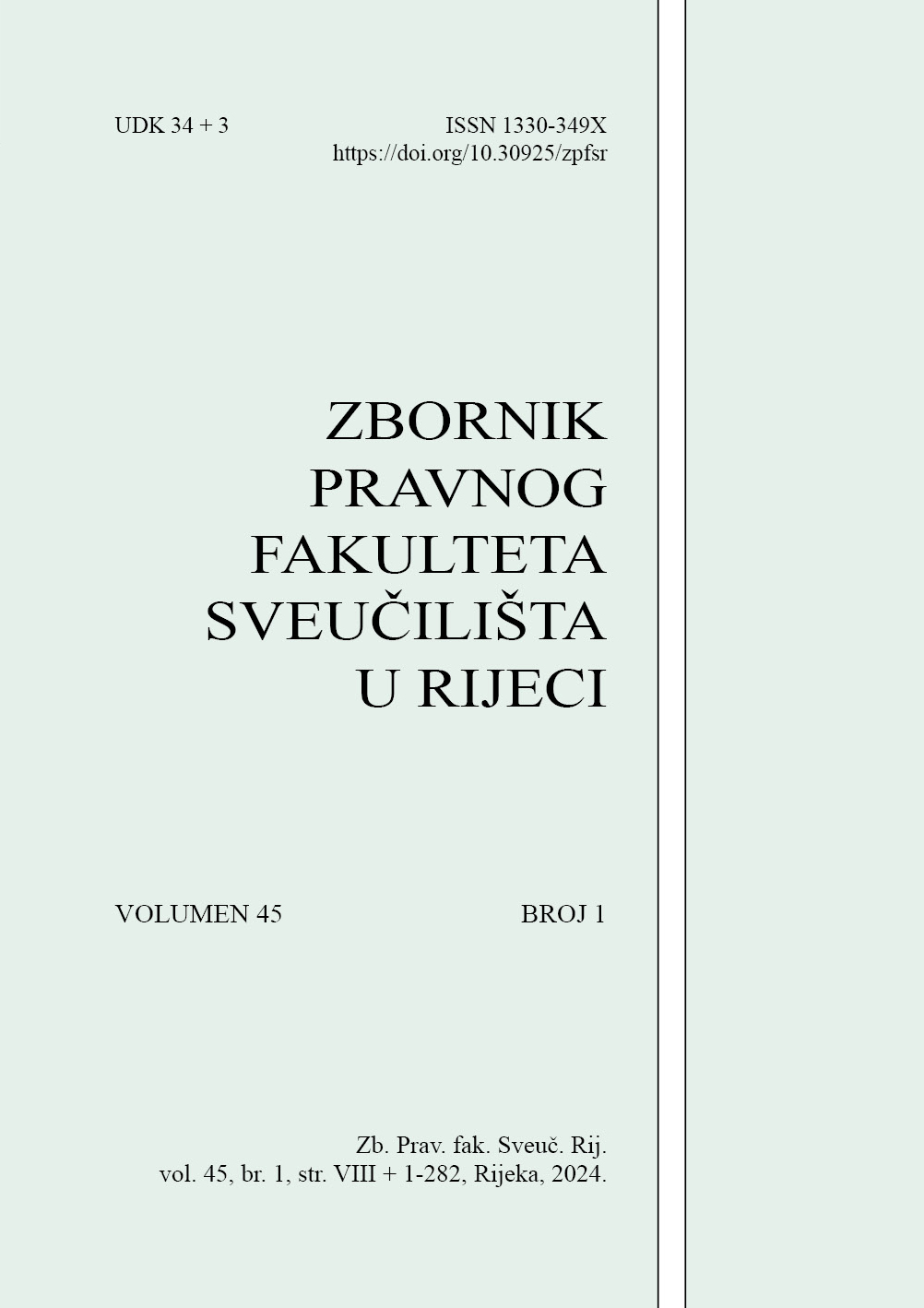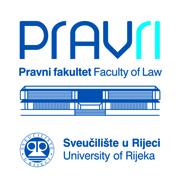A WRITTEN PROCEDURE IN SMALL CLAIMS CASES
A RADICAL CHANGE OF THE CURRENT PARADIGM
DOI:
https://doi.org/10.30925/zpfsr.45.1.12Keywords:
Amendment to the Civil Procedure Act, 2022, small claims, Regulation (EC) No 861/2007 on the introduction of the European procedure for small claims, written procedure, discretionary decision.Abstract
Numerous countries have legislation governing special small claims procedures enhancing the principle of cost-effectiveness and simplifying the evidentiary procedure. Procedures that are disproportionately lengthy in relation to the value of the subject matter of the dispute, produce large litigation costs and make it difficult for citizens to exercise their right to access justice. Furthermore, such procedures cause harm to small and medium-sized enterprises in their regular operations and thus disrupt economic balance. The Croatian legislator, through numerous amendments to the fundamental procedural law, has sought the most suitable solution that would meet the needs of modern court proceedings and which would be integrated into the existing system. The most recent amendment to the Civil Procedure Act of 2022 introduced the principle of written proceedings for small claims as a fundamental procedural principle, which represents a significant step towards modern litigation. A judge’s discretionary power to choose a written procedure depends on the circumstances of each particular case. If the judge assesses that in order to establish decisive facts it is not necessary to carry out an evidentiary procedure and that a fair trial can be ensured without holding a hearing, they can decide on that option, albeit appropriately reasoned. In this paper, we consider the existing legislative solutions that govern small claims procedures, examine their purpose, and present our own judgments on how to approach the analysed topic in a practical manner.
Additional Files
Published
How to Cite
Issue
Section
License
Copyright (c) 2024 Iva Buljan

This work is licensed under a Creative Commons Attribution-NonCommercial 4.0 International License.
Collected Papers is an open access journal. Journal does not charge article processing charges (APC) to authors. It is licensed under CC BY-NC licence 4.0.
Collected Papers of the Law Faculty of the University of Rijeka" is an Open Access journal. Users are allowed to read, download, copy, redistribute, print, search and link to material, and alter, transform, or build upon the material, or use them for any other lawful purpose as long as they attribute the source in an appropriate manner according to the CC BY licence.
The papers published in "Collected Papers of the Law Faculty of the University of Rijeka" can be deposited and self-archived in the institutional and thematic repositories providing the link to the journal's web pages and HRČAK.
Upon acceptance of the manuscript for publication by this journal, the author can publish same manuscript in other journals only with the permission of the Editorial Board (secondary publication). A repeated publication should contain a notice as to where the manuscript was originally published.



